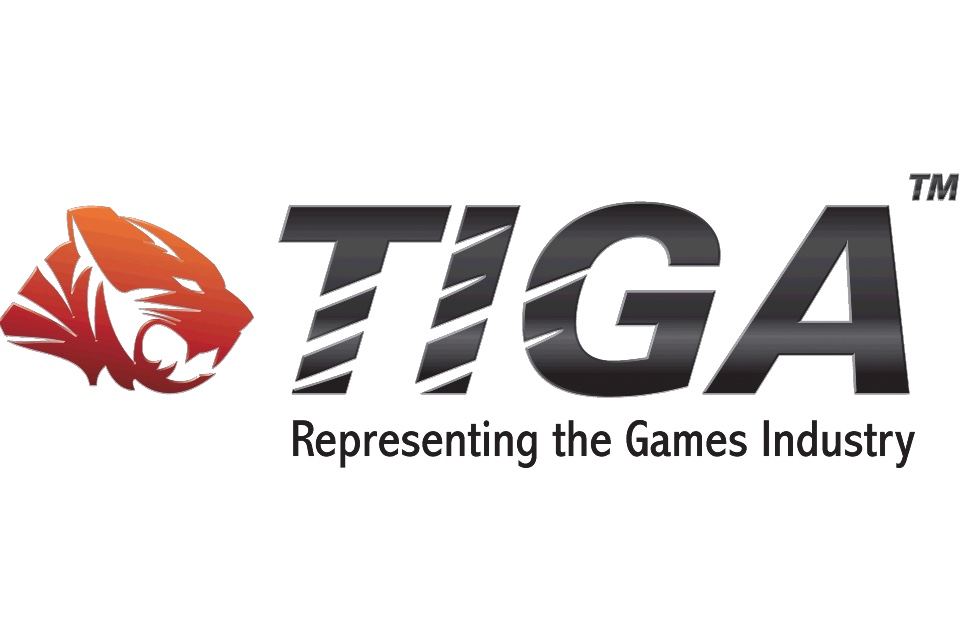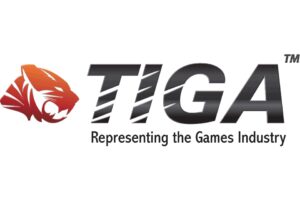
TIGA’S Making Games in the UK 2024 report reveals that UK development sector grew 4.8 per cent despite global sector downturn, led by large console studios in London, North East and North West
 The UK games development sector has grown in the past year, despite companies downsizing and studio closures, according to new research published today by TIGA, the trade association representing the UK video games industry.
The UK games development sector has grown in the past year, despite companies downsizing and studio closures, according to new research published today by TIGA, the trade association representing the UK video games industry.
Despite the global games industry downturn, the UK games development sector grew 4.8 per cent in the12 months to May 2024, according to new research published today by TIGA, the trade association representing the UK video games industry.
Against a backdrop of companies downsizing and studio closures, the UK’s games development sector proved to be comparatively resilient, growing to 25,419* full time equivalent development roles by May 2024, which, at 4.8 per cent, was the lowest annualised rate of growth in the UK games industry since 2012.
The UK’s fastest growing games clusters in the 12 months to May 2024 were London (468 new staff), North East (280 staff)and North West (247 staff), but 5 regions contracted.
The findings come from TIGA’s definitive report on the state of the UK video games industry Making Games in the UK 2024 (TIGA, 2024), which is based on an extensive survey of UK games businesses, with analysis by Games Investor Consulting.
TIGA’s research shows that in the period from April 2023 to May 2024:
- Over 28,500 people make games professionally in the UK: The number of freelancers working for UK games development sector companies (including studios, publishers and service companies) grew substantially from 1,102 (April 2023) to 3,625 (May 2024) as very large companies downsized full-time roles and switched to freelancers. The total games development workforce grew to 28,516 including 3,625 freelancers and 24,891** full time development roles. Employment in the games development sector has grown by an average of 9.5 per cent every year over the period December 2014 to May 2024.
- Job growth outweighed company downsizing and closure: 400 extant companies shed 2,353 full time development jobs between April 2023 and May 2024; but 678 companies grew over the same period, adding 3,932 full time development jobs. 1,070 extant companies neither grew nor shed staff.
- Overall games company numbers declined: The UK had 2,148 trading games development companies in May 2024 (down from 2,175 in April 2023). This includes 1,697 games studios, 60 publisher studios, 109 publishers, 4 broadcasters and 278 service companies. Total studio numbers fell from 1,801 in April 2023 to 1,757 in May 2024.
- Games company mortality rises to record levels: 248 companies closed down or exited the games industry during the survey period, the highest ever recorded. On an annualised basis, this represents 10.4 per cent of all companies during the research period.
- The number of start-up studios fell: 166 new games development companies were founded between April 2023 and May 2024. This compares to 251 new games development companies that were set up beween December 2021 and April 2023.
- Large and console studios are main growth drivers: Studios with 41 to 149 development staff grew at an average rate of 19 per cent over the research period. Console studios grew by an average of 18.1 per cent over the same time frame.
- Overseas owned studios now employ 62 per cent of the UK games development workforce: Studios ultimately owned by overseas companies employ 12,743 full-time staff, compared to 7,854 employed by domestically owned studios. While some overseas studios continued to grow strongly, some of the largest employers’ creative headcount fell substantially as entire teams were made redundant.
Dr Richard Wilson OBE, CEO of TIGA, said:
“The UK games development sector has continued to grow in very difficult economic circumstances. Our sector is weathering the storm. This is a remarkable achievement. Our games development sector has a number of strengths including world-renowned studios, a deep talent pool and TIGA accredited games courses equipping highly skilled graduates for the industry. The UK has the largest development workforce in Europe.
“We need to enable more start-ups to scale-up, continue to enhance our skills base and improve access to investment to enable our sector to fulfil its potential. If the UK Government retains and enhances the Video Games Expenditure Credit, this will help to sustain a favourable environment for games development, create more high skilled jobs and boost investment. A successful video games industry will in turn contribute to the Government’s objective of securing the highest sustained growth in the G7.”
Meanwhile, the TIGA report has highlighted that the UK’s fastest growing games clusters were London (468 new staff), North East (280 staff)and North West (247 staff).
London extended its lead as the largest cluster to 5,931 full time and full time equivalent staff in 584 companies. Five clusters (East of England, South East, East Midlands, Scotland and Northern Ireland) lost headcount between April 2023 and May 2024, the East Midlands for the second consecutive year. All areas saw reduced start-up activity, but London (81), South East (48) and the South West (22) added the most start-ups.
| UK regions | 2024 share of UK development workforce |
| London | 23% |
| South East | 18.7% |
| North West | 12.3% |
| West Midlands | 9.9% |
| Scotland | 9.3% |
| North East | 6.3% |
| East of England | 5.9% |
| Yorkshire & Humber | 5.8% |
| East Midlands | 4.5% |
| South West | 2.7% |
| Northern Ireland | 0.6% |
| Wales | 0.6% |
Dr Richard Wilson OBE, TIGA CEO, said:
“While London remains the biggest and fastest growing games cluster in the UK, almost 80% of all games development is carried out outside of the Capital. In addition, there has been impressive growth in the North East and North West between April 2023 and May 2024.
“At the same time, although London saw the greatest number of new start-ups, we also witnessed strong entrepreneurial activity in the South East.”
Jason Kingsley CBE, TIGA Chairman and CEO and Creative Director at Rebellion, offered:
“TIGA’s report is reflective of what is currently a challenging environment for some parts of the games industry. However, it also highlights that UK games development is faring better than certain areas of the global games industry. We need the Government to continue to improve the environment for games development in the UK so that our industry in turn can contribute to economic growth across the country.”
* Full time equivalent roles: FT roles above plus a pro-rated % of all the freelancers we recorded in the survey.
** Full time roles: 100% full time roles recorded by companies in our survey.
Research methodology
Games Investor Consulting in conjunction with TIGA and its partners conducted surveys concluding in July 2008, September 2010, November 2011, December 2012, December 2013, December 2014, March 2016, November 2017, November 2018, April 2020, December 2021, April 2023 and May 2024 of all known games companies involved in the creation of games (including developers, publishers, publisher studios, service companies and broadcasters with games divisions) in the UK. Assessments of every database entry are made on a company-by-company basis with strict vetting and verification rules to ensure each entry is discrete (to prevent duplication via subsidiary or parent companies) and confirmed to be active in games development. The survey counts staff working in development and development support roles in games studios, games publishers and development service companies. A broad array of additional data is also captured including studio location, primary platform focus and company ownership structure as well as company start-ups and exits/closures.
Games development
Games development is defined as including all production staff, QA, support, localisation and technical staff but excludes admin, finance, sales, marketing and commercial staff not directly involved with games production. Full-time equivalent staff comprise multiple part-time staff aggregated based on typical usage throughout a year to represent a single full-time employee.
About TIGA
TIGA is the trade association for the UK video games industry. Since 2010, TIGA has won 28 business awards and commendations. Our vision is to make the UK the best place in the world to develop video games. Our core purpose is to strengthen the games development and digital publishing sector. We achieve this by:
- influencing Government policy via political representation to create a favourable business environment;
- driving excellence in education and skills through our accreditation programme, the TIGA Games Education Awards and our education conference; and
- promoting best practices through our membership services, including the TIGA STAR Employer Award and the TIGA Games Industry Awards.
Get in touch:
Tel: 0845 468 2330
Email: info@tiga.org
Web: www.tiga.org
Twitter: www.twitter.com/tigamovement
Facebook: www.facebook.com/TIGAMovement
LinkedIn: http://www.linkedin.com/company/tiga

